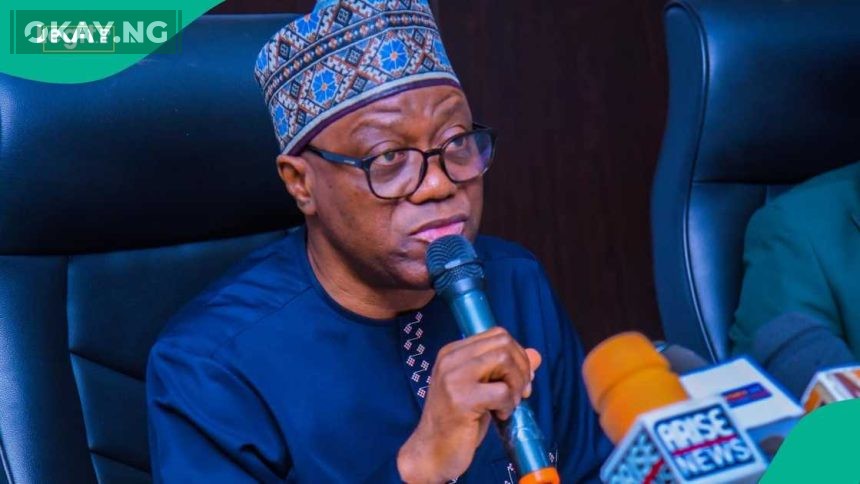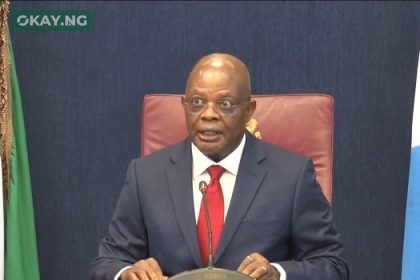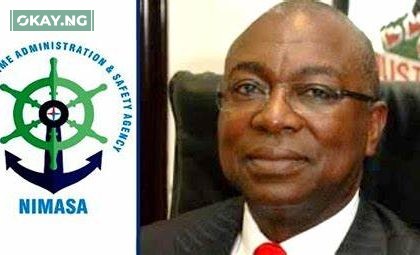In a bid to bolster Nigeria’s statistical capabilities and align them with leading global economies, the World Bank has issued a compelling call for a sustained annual investment of $10 to $15 million into the National Bureau of Statistics (NBS). This proposition, articulated by Johan Mistiaen, the World Bank Practice Manager for West and Central Africa, during a recent visit to the Minister of Budget and Economic Planning, Abubakar Bagudu, underscores the critical need for enhanced data quality to drive informed policy decisions and foster economic growth.
Mistiaen’s observation that Nigeria’s statistical performance lags behind its aspirational peers—nations such as Mexico, Colombia, South Africa, and Brazil—paints a stark picture of the current landscape. “Investing $10 to $15 million yearly in the country’s statistics office could raise its performance to that of its aspirational peers,” he stated, highlighting the tangible impact of strategic financial support.
As someone who has navigated the complexities of economic reporting, I understand the profound implications of reliable data. It’s not merely numbers on a page; it’s the bedrock upon which policy decisions, investment strategies, and social programs are built. When the data is flawed, so too are the outcomes. For many Nigerians, this translates to real-world challenges—inadequate healthcare, limited educational opportunities, and economic instability.
Minister Bagudu, acknowledging the World Bank’s support, assured that the NBS would maintain its independence, emphasizing the government’s commitment to facilitating its functions. “The government would continue to support it in exercising its functions,” he affirmed. He also lauded the NBS for its track record of providing credible statistical data, noting its reputation for “releasing timely and methodical data without interference from government.”
This commitment to impartiality is crucial. As journalists, we rely on unbiased data to provide accurate and balanced reporting. The integrity of the NBS is not only vital for national policy but also for international trust and investment.
Adeyemi Adeniran, the Statistician-General of the Federation and CEO of the NBS, echoed this sentiment, emphasizing the symbiotic relationship between investment in statistics and national development. “Investments in statistics would bring about more growth and development,” he asserted. He also expressed gratitude for the government’s increased funding and acknowledged the potential for further improvement with enhanced budgetary allocations and collaborative efforts with development partners.
When we talk about improving statistical capabilities, we’re ultimately talking about improving the lives of millions. Accurate data allows policymakers to identify and address pressing issues, ensuring that resources are allocated effectively. It’s about empowering communities, driving sustainable development, and fostering a more equitable society.
In the context of global economic competitiveness, the quality of a nation’s statistical infrastructure is a critical determinant of its attractiveness to investors and international partners. As noted in a 2023 World Bank report on statistical capacity, “Strong statistical systems are essential for evidence-based policymaking, monitoring development progress, and ensuring accountability.” (World Bank, 2023)
The World Bank’s call is not just about numbers; it’s about building a foundation for a more prosperous and equitable Nigeria. By investing in the NBS, the nation can unlock its full potential, ensuring that every policy decision is grounded in solid, reliable data.












